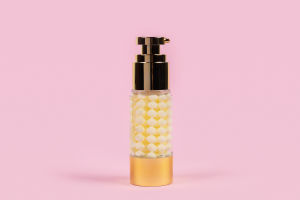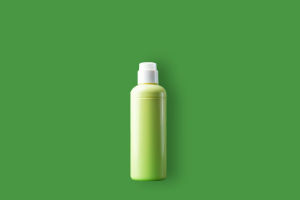Wearing makeup can have a profound impact on a person's sense of self-confidence.
It is often more than just a way to enhance one's physical appearance; it can serve as a form of self-expression, a mood booster, and even a tool for empowerment.
For many, the act of applying makeup is a personal ritual that not only transforms their looks but also helps them feel more confident in themselves. The psychological effects of wearing makeup are complex and far-reaching, impacting not only how others perceive us but also how we perceive ourselves.
One of the most notable effects of makeup is its ability to boost confidence by improving one's appearance. People are naturally inclined to feel more attractive when they believe they look good. Makeup can help achieve this by highlighting certain facial features, concealing imperfections, and evening out skin tone.
For those with skin conditions such as acne, scars, or hyperpigmentation, makeup can serve as a tool for covering up these marks, allowing them to feel more comfortable in their skin.
This sense of visual enhancement can translate directly into feeling better about one's appearance, which in turn enhances confidence in social situations.
Another important aspect of wearing makeup is its ability to help people feel more in control of their image. The choice of colors, textures, and products allows individuals to express their personalities and moods through their appearance.
For example, bold red lipstick can make someone feel powerful and daring, while softer tones can evoke a sense of calm or sophistication. This freedom to choose how one presents themselves to the world can foster a sense of empowerment and self-assurance.
Makeup thus becomes a creative outlet where people can experiment with different looks that align with their style, leading to a deeper sense of control and confidence.
In addition to its cosmetic benefits, wearing makeup can also serve as a psychological tool to boost self-esteem. There is a well-documented connection between appearance and self-esteem, and many individuals find that when they invest time in their appearance, it positively affects how they view themselves.
When we look in the mirror and see a polished, put-together version of ourselves, it reinforces a positive self-image. This visual feedback loop can create a feeling of accomplishment, which is closely tied to an increase in confidence. It is not just about vanity; it is about recognizing one's worth and feeling good about taking the time to care for oneself.
For some, makeup is not just a tool for confidence-building in everyday life but also serves as a psychological shield during difficult times. During periods of stress, anxiety, or uncertainty, applying makeup can be a form of self-care that helps to create a sense of normalcy and routine.
The process of applying makeup can be meditative, allowing individuals to focus on something positive and creative rather than on negative thoughts or worries. In this sense, makeup can act as a form of emotional armor, providing a sense of confidence and calm when faced with the challenges of daily life.
Moreover, makeup has a social function, as it plays a role in how we are perceived by others. The cultural norms surrounding beauty often emphasize a polished appearance, and many people feel that wearing makeup allows them to align with these expectations.
This can be particularly empowering in professional settings where a well-groomed appearance is often associated with competence and authority.
When individuals feel that they meet societal standards of beauty or grooming, it can lead to a greater sense of social acceptance, which in turn boosts confidence in interactions with others.
It is important to note that the relationship between makeup and confidence is deeply personal and varies from person to person. For some, makeup is an essential part of their daily routine and provides a sense of security and assurance.
For others, it may be a rare indulgence or an occasional enhancement. Regardless of the frequency with which one wears makeup, its potential to elevate one's mood and confidence is undeniable.
Whether it is used as a tool for self-expression, a way to enhance beauty, or a method for managing emotions, makeup has the power to transform not only how we look but how we feel about ourselves.
Wearing makeup is an individual choice, and its impact on confidence will depend on how it is approached. For those who enjoy it, makeup can be a powerful tool for boosting self-esteem, empowering them to take on the world with confidence and poise.
Whether it is a subtle enhancement or a bold transformation, the act of wearing makeup can help individuals feel more comfortable, assertive, and confident in their skin.


